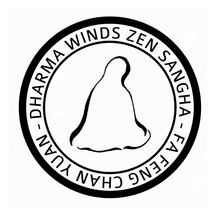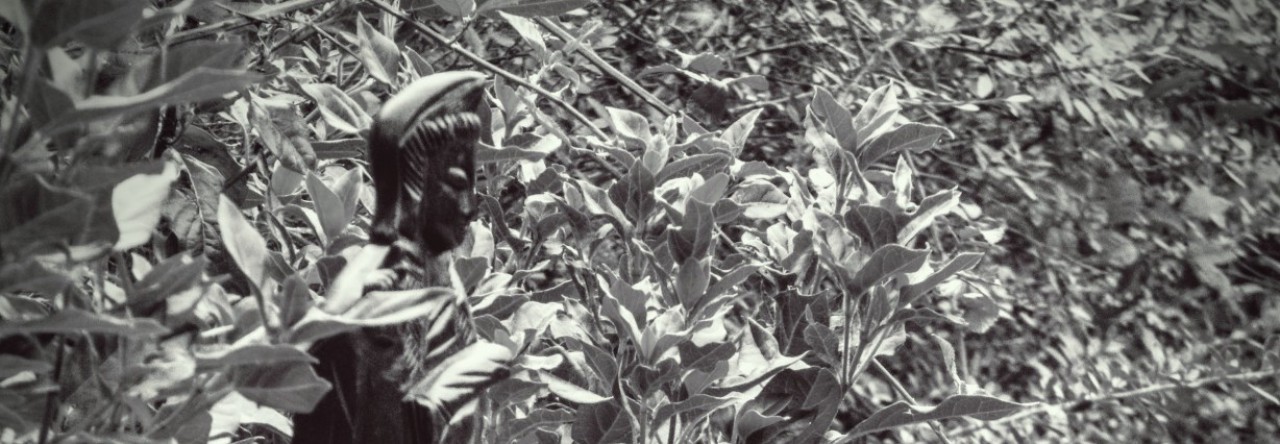Page under construction
Our Sangha is the home of
Still Center Zen Order – Belgium
StillCenter ( http://www.stillcenter.org/ ) is a Zen community (sangha) without walls, open to all members worldwide. We practice a blend of traditional Zen meditation (Zazen) with dharma talks, discussion and one-on-one koan introspection (koan introspection is not available in person in Europe for the moment).
All are welcome: whether you are interested in taking a deeper dive into Zen, taking the precepts and being given a dharma name or even training to become a Zen Priest or Zen Teacher, or whether you are just interested in sitting in and getting to know more about Zen and the benefits of Zen practice. We particularly welcome new members who share our community-spirit of blending helping ourselves with helping others. We are a training center for Soto Priests and Zen Teachers worldwide – contact us for further details if you are interested in formal Zen training.
We are a Soto Zen Order in the Soto lineage of Soyu Matsuoka, Roshi. We are an engaged Zen Order in succession to the Clear Mind Zen Order (founded by Daiho Hilbert, Roshi).
We practice Zazen, silent meditation (rather than spoken word guided ones), some instructions and guidance can be given at the start of each session for those who are new to meditating.
Zoom link: https://us02web.zoom.us/j/516177070
(NOTE: there is no password for our Zoom sessions, but you will need to email us at stillcenterzen@gmail.com first, and clearly indicate what screen name you will be using. If your name in the waiting room does not match what you emailed to us you will not be permitted to join the session. Attendance is limited to the first 100 people who log in).
Dokusan/Mentoring
One on one sessions are also available with Roshi Ryuko and other Zen Teachers, both online in Zoom and in person. These sessions primarily involve koan work for most students, but will also include mentoring through discussion of each student’s particular path. The online dokusan sessions may either happen in a breakout room during our weekly Zazen time together, or at pre-arranged other times throughout the week.
We have students from all over the world, and invite interest from potential students wherever you are.
Our Soto Zen Order is in the lineage of Soyu Matsuoka, Roshi, who studied at Soji-ji Temple in Japan, which is one of the two head temples of Soto-Shu (the main Japanese Soto organization). Soji-ji is famous for being run by Keizan Zenji (1268-1325), regarded as the co-founder of Soto Zen along with Dogen. We treasure the teachings of Matsuoka, Keizan and Dogen as foundational to our Zen Order.
The name of our temple in Pasadena, California, is « Moro’oka’ji » which is the original name of Soji-ji and is named in honor of Keizan Zenji.The other main temple in the Soto tradition is Eihei-ji, founded by Dogen Zenji (1200-1253), the original founder of Japanese Soto Zen, which has its origins in Chinese Caodong ‘Chan’ (which becomes ‘Zen’ when pronounced in Japanese). Caodong was founded by Dongshan Loangjie and Caoshan Benji. Dongshan Loangjie is known as Tozan Ryokai in Japan, and Caoshan Benji is known as Sozan Honjaku. So just as Caodong derives from the names of the original Chinese founders of the Chan School, so Soto is the combination of the Japanese names for the Chinese founders.
SCZO is not, however, associated with SotoShu in Japan: it was the specific intention of Matsuoka Roshi in forming his version of Zen in the 1960s that it be a Zen custom tailored for Western practitioners independent of the Japanese Soto organization.
Why is SCZO not associated with the Japanese SotoShu?
First and foremost, because our lineage founder Soyu Matsuoka Roshi established his version of Zen as a truly Western Zen, and he chose not to have any of his priests registered with SotoShu in Japan for this reason. We are following his tradition. But secondly, we do not require our priests to shave their heads which immediately makes our priests ineligible to be registered with SotoShu. This is something we hold strongly, that here in the West it should not be required that Soto Priests have their head shaved since our system here in the West is largely not a monastic one, but one in which our priests live and work in the world just like anyone else, not desiring to stand out from others by their appearance. This is also also why our priests do not wear their priest vestments in everyday life, they wear their Zen clothing at the Zen Center or when performing a liturgy or, say, a marriage ceremony.

